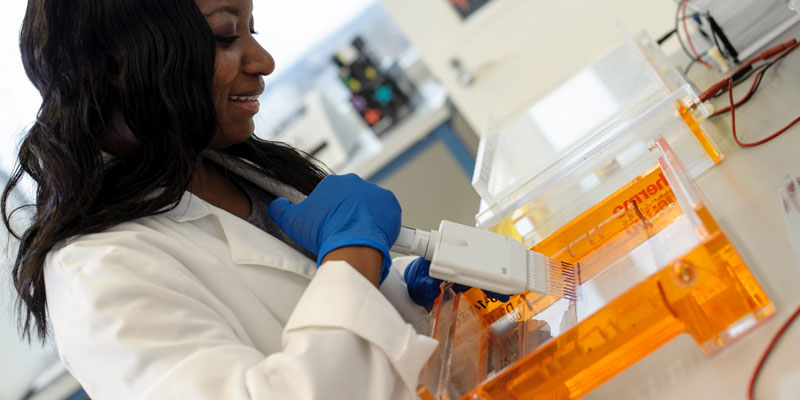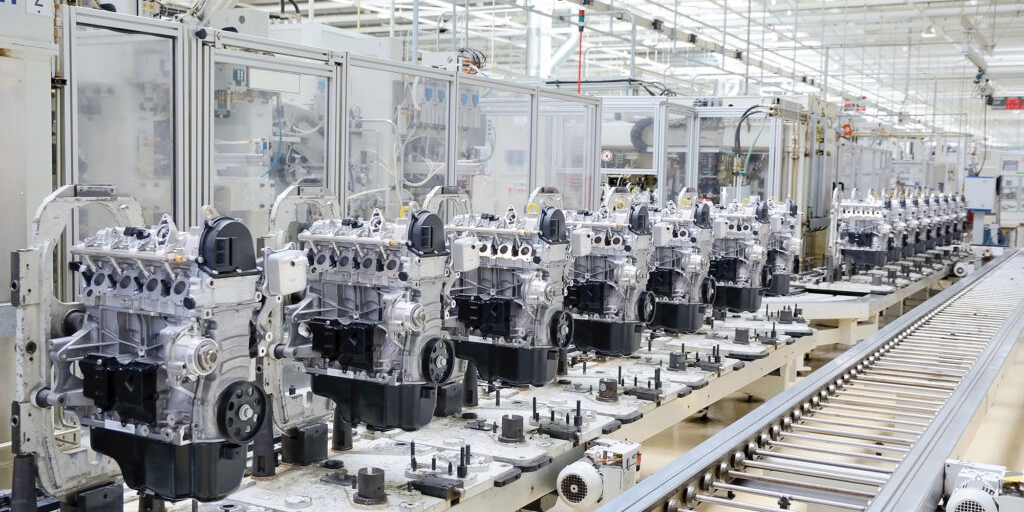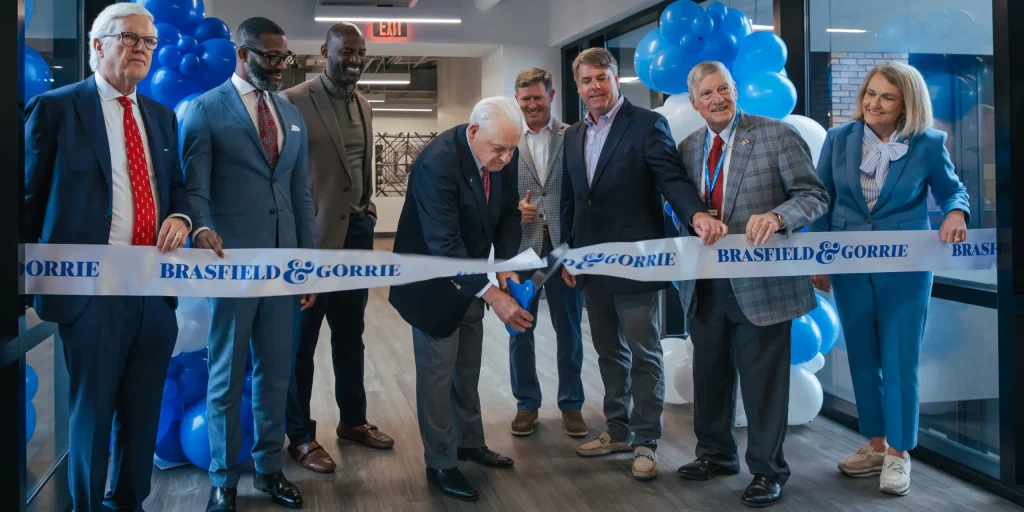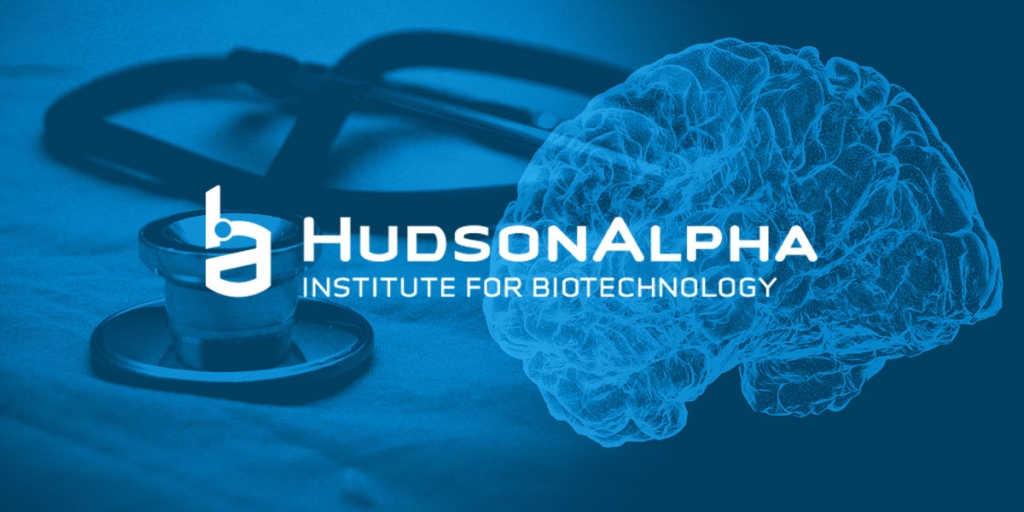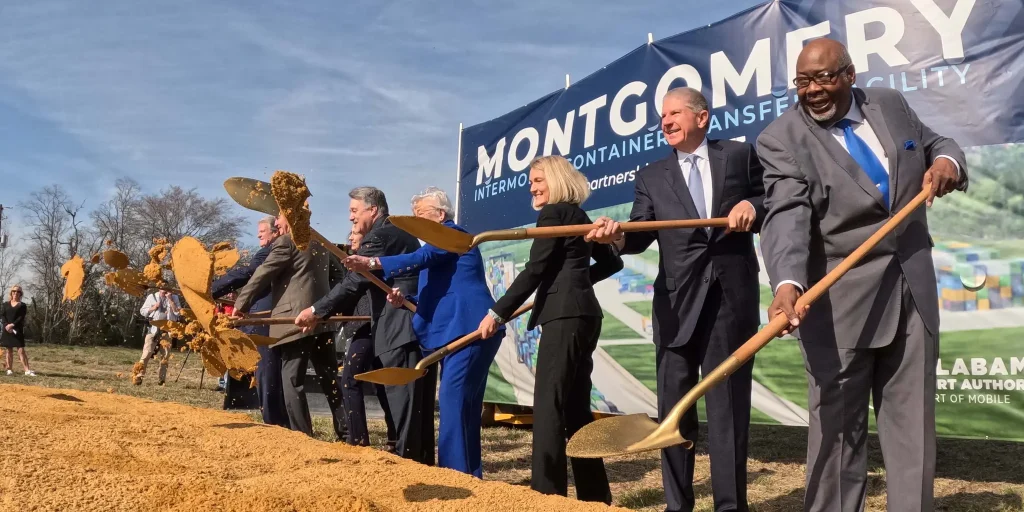Business leaders and trade specialists from across Alabama are getting an up-close look at the bioscience sector in Ireland and the United Kingdom during a trade mission that seeks to spark new opportunities for nearly a dozen Alabama firms.
The Alabama delegation began its mission in Dublin today with a briefing from the U.S. Commercial Service and a visit to the National Institute for Cellular Biotechnology, a leading research center.
Over the next five days, the group will connect with representatives from bioscience companies and organizations in one-on-one meetings and networking events in Dublin and London.
“We believe that international collaboration is a major driver of growth for the bioscience sector,” said Hilda Lockhart, director of the International Trade Office at the Alabama Department of Commerce, who is leading the mission.
“Including Alabama companies in this industry sector on the mission allows them to speak directly with potential international partners that may be involved in research, medical labs, innovative startups and collaboration in their specific areas of focus,” she added.
BUILDING BRIDGES
Arnar Thors, founder and CEO of AerBetic Inc., said making contacts in the life sciences communities in Ireland and the U.K. can help him advance the goals of the Birmingham-based startup. AerBetic is developing a wearable diabetes alert device that garnered attention at this year’s CES event.
“This mission will enable us to build some bridges to the bioscience and investment communities in the U.K. and Ireland, which we’re confident will help in our mission to bring AerBetic to those markets and the world,” Thors said.
Other Alabama firms on the mission are:
ADT Pharmaceuticals LLC is working on novel cancer drugs, and PDEi Phamaceuticals LLC is targeting new treatments for erectile dysfunction and pulmonary arterial hypertension. Both companies are represented by Dr. Gary A. Piazza of the Mitchell Cancer Institute at the University of South Alabama.
BioGX of Birmingham develops and manufactures molecular biology reagents.
Auburn’s Cytoviva Inc. provides products and services to help researchers solve critical problems down to the nanoscale with enhanced darkfield optical microscopy and hyperspectral imaging technology.
GeneCapture of Huntsville is developing a rapid infection detection instrument that can screen a human sample for 200 pathogens in less than an hour.
The HudsonAlpha Institute of Biotechnology is a world-renown genomics research center and entrepreneurial hub in Huntsville.
Swift Biotechnology is developing an early stage, proteomic-based test for ovarian cancer based on technology from USA’s Mitchell Cancer Institute.
Huntsville’s Synvivo Inc.’s 3D tissue-organ on chip models enable real-time study of cell and drug interactions and accelerate discovery by providing a biologically realistic platform.
Birmingham-based TriAltus Bioscience provides scientists with innovative tools for the expression and purification of genetically engineered proteins.
BioAlabama, a trade group for Alabama’s bioscience industry, is also represented on the mission.
“This trade mission will give promising bioscience startups and established research organizations in Alabama an opportunity to learn first-hand about developments within the sector in Ireland and the U.K., while also connecting them with researchers and business leaders who can become partners or collaborators down the road,” said Peggy Sammon, CEO of Gene Capture and chair of BioAlabama.
“Making these connections will serve to add even more vitality to Alabama’s already vibrant bioscience sector,” she added.
While in Dublin, the Alabama group will visit the National Institute for Bioprocessing Research and Training. In London, they will travel to the Babraham Institute, a world-class research center, then on to the Cambridge Biomedical Campus, and One Nucleus, an organization focusing on life sciences and health care.
In these locations, representatives of the Alabama companies on the mission will participate in one-on-one appointments with potential in-market partners as part of a coordinated business matchmaking program.
GROWTH POTENTIAL
Lockhart said Alabama’s robust life science sector is diverse and well positioned for growth. According to an analysis for BioAlabama, the state’s biosciences industry generates $7.3 billion in economic activity annually while supporting 780 companies and nearly 48,000 direct and indirect jobs.
The sector includes premier bioscience research centers at the University of Alabama at Birmingham, Southern Research, HudsonAlpha and USA’s Mitchell Cancer Institute. UAB alone attracted $300 million in research funding from the National Institutes of Health in 2018.
“These research organizations, along with the many multinational companies involved in pharmaceutical and medical device manufacturing, is a story we want to share while we are in Ireland and the United Kingdom,” Lockhart said.
“We are very happy that BioAlabama is involved in this trip because they can tell the story of the success.”
This is Alabama’s fourth bioscience-focused trade and investment mission to Europe, including previous trips to life science clusters in Germany and Denmark, and Belgium and The Netherlands.
Bioscience is one of the key target recruitment sectors in Accelerate Alabama 2.0, the state’s strategic economic growth plan.
Courtesy of Made in Alabama




